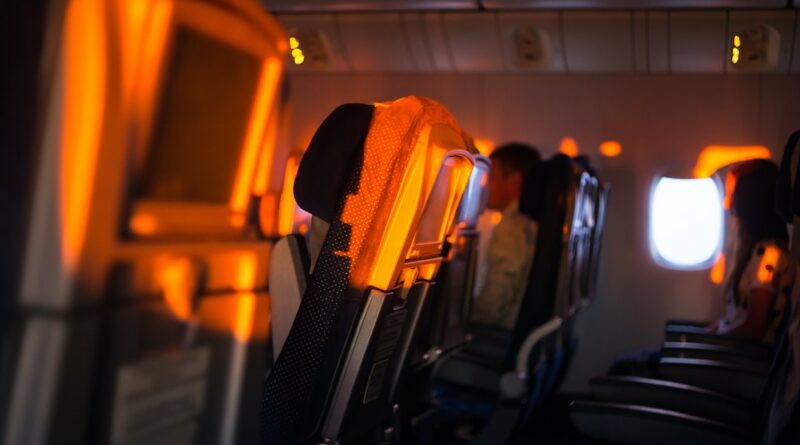What documentation do I need to provide when claiming compensation for a delayed flight?
When claiming compensation for a delayed flight, there are certain documents that you must provide in order to ensure that your claim is successful. This article will provide an overview of the documentation that you need to provide when claiming compensation for a delayed flight.
The first document that you need to provide when claiming compensation for a delayed flight is proof of your flight. This could be a ticket, an itinerary, or a boarding pass. This document should include your flight details, such as the flight number, the airline, the date and time of the flight, and the departure and arrival airports. This document will be used to verify that you were on the flight and that it was delayed.
The second document that you need to provide when claiming compensation for a delayed flight is proof of the delay. This could be a statement from the airline, a statement from the airport, or a statement from the National Air Traffic Services (NATS). This document should include the details of the delay, such as the length of the delay, the reason for the delay, and any other relevant information. This document will be used to verify that the flight was indeed delayed and that you are entitled to compensation.
The third document that you need to provide when claiming compensation for a delayed flight is proof of your losses. This could be a receipt for any expenses that you incurred as a result of the delay, such as hotel bills, taxi fares, or meals. This document should include the details of the expenses, such as the date, the amount, and the reason for the expense. This document will be used to verify that you have indeed suffered a loss as a result of the delay.
The fourth document that you need to provide when claiming compensation for a delayed flight is proof of your identity. This could be a passport, a driver’s license, or a national identity card. This document should include your name, address, and date of birth. This document will be used to verify that you are the person making the claim.
The fifth document that you need to provide when claiming compensation for a delayed flight is proof of your address. This could be a utility bill, a bank statement, or a rental agreement. This document should include your name and address. This document will be used to verify that you are indeed the person making the claim and that you live at the address provided.
Finally, you may also need to provide additional documents when claiming compensation for a delayed flight. This could include medical documents if you have suffered an injury or illness as a result of the delay, or evidence of any other losses that you have suffered.
In conclusion, when claiming compensation for a delayed flight, you must provide certain documents in order to ensure that your claim is successful. These documents include proof of your flight, proof of the delay, proof of your losses, proof of your identity, and proof of your address. You may also need to provide additional documents depending on the circumstances of your claim.
When a flight is delayed, passengers may be entitled to compensation from the airline. However, the amount of compensation and the documentation required to make a claim can vary depending on the circumstances. This article will provide an overview of the documentation needed to claim compensation for a delayed flight.
First, it is important to understand the legal basis for claiming compensation. In the European Union, passengers may be entitled to compensation under the Denied Boarding Regulation (EC 261/2004). This regulation states that passengers may be entitled to compensation if their flight is delayed by more than three hours, cancelled, or if they are denied boarding due to overbooking. The amount of compensation depends on the length of the delay and the distance of the flight.
In order to make a claim for compensation, passengers must provide certain documentation to the airline. This includes proof of identity, such as a passport or driver’s license, and proof of the flight, such as a ticket or boarding pass. Passengers should also provide proof of the delay, such as a statement from the airline or a copy of the flight schedule.
In addition to the above documents, passengers may also need to provide evidence of any expenses incurred as a result of the delay. This could include receipts for meals, accommodation, or other expenses. Passengers should also provide evidence of any lost or damaged luggage, such as a police report or a copy of the airline’s lost and found form.
Finally, passengers should also provide evidence of their attempt to contact the airline. This could include copies of emails or letters sent to the airline, as well as records of any phone calls made.
Once all the necessary documentation has been gathered, passengers should submit their claim to the airline. The airline will then review the claim and determine whether the passenger is entitled to compensation.
In conclusion, passengers who have experienced a delayed flight may be entitled to compensation from the airline. In order to make a claim, passengers must provide certain documentation, including proof of identity, proof of the flight, evidence of any expenses incurred, and evidence of their attempt to contact the airline. Once all the necessary documentation has been gathered, passengers should submit their claim to the airline for review.




